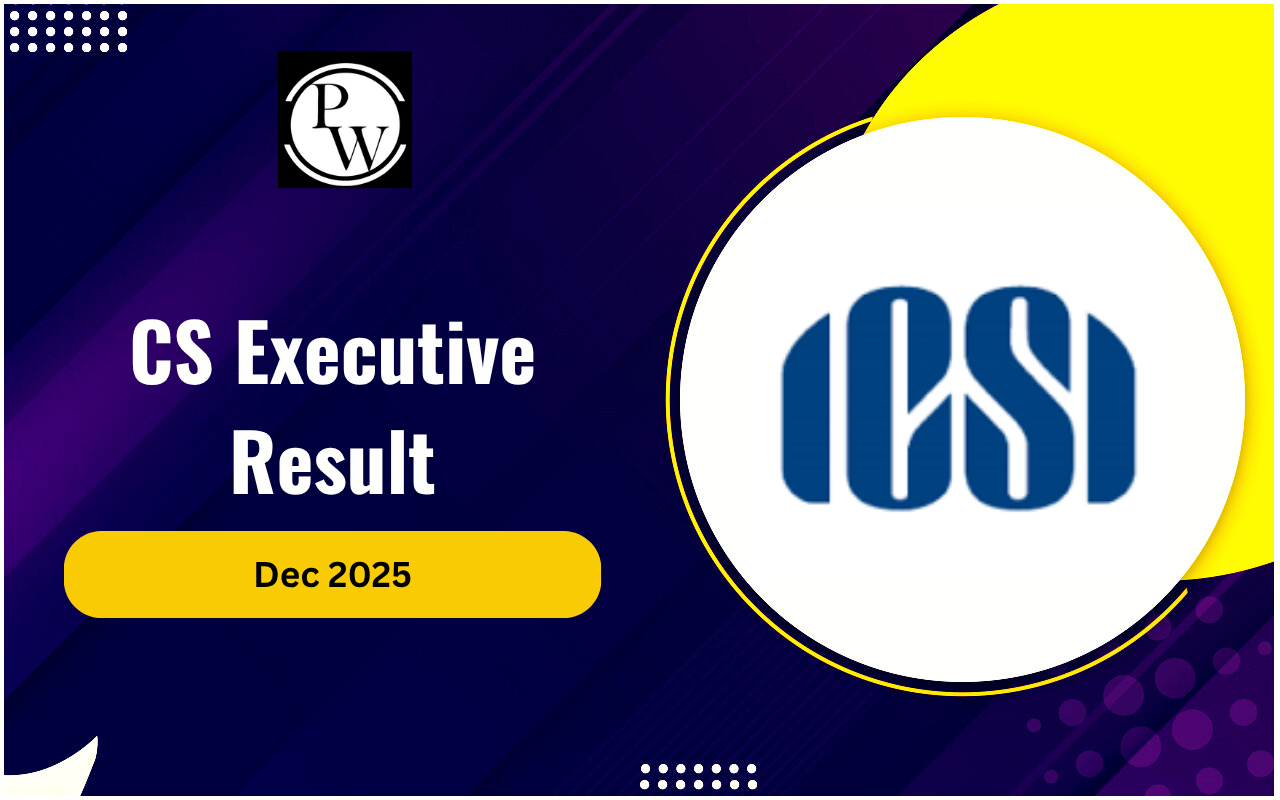
Employment law covers everything about how bosses and workers interact. It deals with things like keeping the workplace safe, fair pay, retirement benefits, and what happens when someone loses their job.
There are lots of rules about employment, and knowing them can help you know what you deserve as a worker. In this blog, we'll explain what Employment Laws and Human Resource Compliance are for CS exams , why they matter, key words to know, and give examples of when they come into play.What Are Employment Laws?
Employment law covers the rules that guide the relationship between workers and their employers. It spells out the rights and duties of both sides, making sure workplaces are safe and fair. These laws set limits on work hours and establish minimum wages. They include various rules from local, state, and federal authorities. Employment law is vast, covering areas like workplace safety, pay, benefits, family and medical leave, unemployment, and how to behave at work.What is Human Resource Compliance?
Ensuring HR compliance involves making sure that a company follows the laws and regulations concerning its employees. This is crucial because failing to comply can result in legal issues and financial losses due to high turnover rates. To maintain compliance in India, HR teams focus on three main areas:- Recruitment and Onboarding: This involves following laws against discrimination, conducting background checks, and creating employment contracts.
- Employee Management: This includes obeying laws regarding work hours, wages, overtime, leave policies, and benefits.
- Termination of Employment: Following laws about notice periods, severance pay, and non-compete agreements when employees leave.
- Compliance with Laws: This means following government rules meant to protect employees and the workplace. For instance, in India, employees must undergo POSH training, and there are mandatory deductions like TDS and PF.
- Compliance with Regulatory Bodies: A part from government laws, businesses must also adhere to rules set by regulatory bodies like the EPFO, which oversees PF deductions.
- Compliance with Contracts: Ensuring that contracts with freelancers, contractors, and employees are followed correctly is essential for HR compliance. It involves adhering to the terms and conditions outlined in these contracts.
Also Check: Role of Company Secretary in Corporate Governance
Importance of Employment Laws and HR Compliance
Employment law ensures fairness and ethics in businesses, keeping them running smoothly. When both employers and employees understand their rights and responsibilities, they can handle situations like salary disputes better. It also sets standards to prevent conflicts between employees and management. For instance, Title VII of the Civil Rights Act prohibits discrimination. HR compliance is crucial for any business with at least one employee for several reasons:- Legal Protection: Employers must follow HR laws to avoid lawsuits, fines, and penalties.
- Employee Protection: HR laws safeguard employees from unfair treatment like discrimination and harassment.
- Positive Work Environment: Compliance fosters a sense of security and value among employees, boosting morale, productivity, and retention.
- Reputation Management: Businesses known for HR compliance are viewed as ethical and reliable, enhancing customer loyalty and partnerships.
Key Terms Related to Employment Law
Employee rights and loyalty are paramount for businesses, and understanding employment law is crucial. Employment law encompasses various areas, each with its own rules and terms. Let's break it down:Discrimination: This occurs when someone in a protected group faces unfair treatment. Laws like Title VII, the Age Discrimination Act, and others protect against discrimination based on factors like race, age, or disability.
Wages and Benefits: Beyond hourly wages or salaries, employers often offer benefits like health insurance and retirement plans. Laws such as the Fair Labor Standards Act set standards for wages and overtime pay.
Health and Safety: Every employee deserves a safe workplace. Organizations like OSHA set and enforce safety standards to protect workers from hazards and illnesses related to their work.
Other Areas: Employment law covers a range of topics, including labor relations, contracts, and wrongful termination. Terms like at-will employment and whistleblower protection are crucial aspects of this legal landscape.
Understanding these terms and laws is essential for both employers and employees to ensure fair treatment and a safe working environment. Enhance your knowledge of Employment Laws and HR Compliance with PW Company Secretary Courses. Enroll now to empower your career and ensure legal compliance in the workplace!Employment Laws and Human Resource Compliance FAQs
What is employment law?
Why is human resource compliance important?
What are common examples of discrimination in the workplace?
How does employment law protect employees' rights?
What are the key aspects of ensuring workplace safety?










